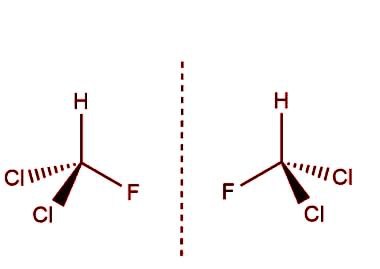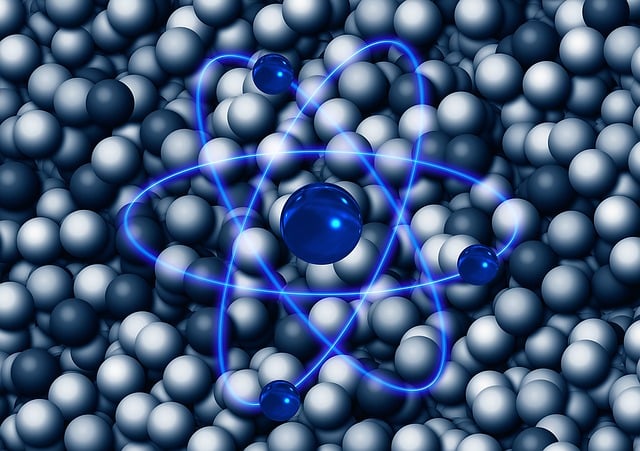What is an ac capacitor?
The AC capacitor is a capacitor specifically designed for use in AC circuits. Unlike DC capacitors, which store electrical charge, AC capacitors are designed to store energy in the form of alternating current. This allows the capacitor to help regulate the flow of AC current in the circuit. This is useful in many applications such as Power factor correction, filtering, and motor starting.
AC capacitors are typically made of two or more metal plates separated by a dielectric such as paper, plastic, or ceramic. The capacitance of an AC capacitor is determined by the size of the plates, the type of dielectric used, and the spacing between the plates. Larger plates and higher-quality dielectric materials generally result in higher capacitance.
And what does a capacitor do in an air conditioner?
An important property of an AC capacitor is its ability to store energy at a specific frequency. This means that AC capacitors can be designed to more effectively blocking or passing AC currents at specific frequencies, depending on the intended application. For example, AC capacitors used in power factor correction circuits may be designed to pass low-frequency currents and block high-frequency currents. On the other hand, AC capacitors used in motor starting circuits may be designed to pass high-frequency currents and block low-frequency currents.
Overall, AC capacitors are an important component in many AC electrical systems, and they play a vital role in regulating the flow of AC current in circuits.
Frequently Asked Questions (FAQs)
Can an air conditioner work without a capacitor?
An air conditioner typically uses a capacitor to store and release electrical energy, which helps to start the compressor and run the fan motor. Without a capacitor, the air conditioner may not be able to start or run properly. The capacitor provides a boost of electrical energy when the air conditioner is starting up, which helps the compressor and fan motor overcome the initial resistance and get moving. Once the compressor and fan motor are running, the capacitor continues to provide a steady flow of electrical energy to help them maintain its speed.
Without a capacitor, the air conditioner may struggle to start up, and the compressor and fan motor may run at a reduced speed or may not run at all. This can affect the performance and efficiency of the air conditioner, and may even cause it to shut down or malfunction. Therefore, it is typically not recommended to operate an air conditioner without a capacitor.
How do I know if my AC capacitor is not working?
What causes a blown AC capacitor?
Is a condenser the same as a capacitor?
What are 3 common faults with capacitors?
- Leakage: Over time, the electrolyte in the capacitor can decompose and leak. This reduces the capacitance of the capacitor and can lead to failure.
- Dry-out: If a capacitor is not used for an extended period of time, the electrolyte inside can evaporate, causing the capacitor to "dry out." This also reduces the capacitance of the capacitor, which can lead to failure.
- Overvoltage: When a voltage higher than the nominal value is applied to a capacitor, it can fail due to overvoltage. This can crack or explode the capacitor.





If you have any doubts, please let me know